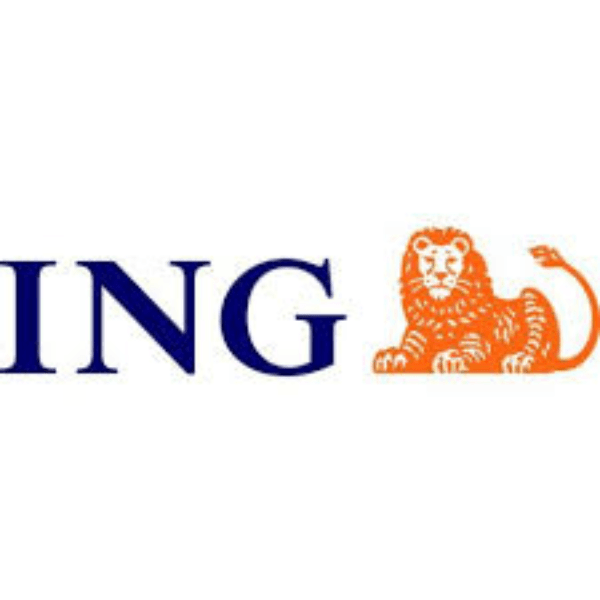

What kind of benefits are offered to employees at ING Group?
ING Group offers its employees a comprehensive benefits package that includes competitive salary, health insurance, retirement savings plan (including a company match), tuition assistance, paid time off, flexible work hours, and an employee assistance program. Additionally, ING Group provides its employees with other perks such as discounts on products and services, corporate discounts, free meals, discounts on educational courses, and access to employee resource groups.
Other Questions about ING Group
- What is ING Group?
ING Group is a Dutch multinational banking and financial services corporation headquartered in Amsterdam, Netherlands. It is the largest bank in the Netherlands and one of the largest banks in Europe. ING Group provides a range of banking and insurance services, including retail banking, direct banking, commercial banking, investment banking, asset management, insurance and private equity. Its operations are focused in Europe, North America and Asia Pacific.
- What type of company is ING Group?
ING Group is a multinational banking and financial services corporation headquartered in Amsterdam, Netherlands.
- Is ING Group an international company?
Yes, ING Group is an international company. It is a Dutch multinational banking and financial services corporation headquartered in Amsterdam, Netherlands. The company operates in over 40 countries and has over 52,000 employees worldwide.
- Does ING Group offer internships?
Yes, ING Group does offer internships. Internships are typically offered in a variety of departments and locations. Information about available internships can be found on ING Group's website.
- What kind of roles does ING Group offer?
ING Group offers roles in a variety of areas, including banking, finance, technology, customer service, marketing, operations, and more.
- What is the recruitment process like at ING Group?
The recruitment process at ING Group varies depending on the role and region of the job. Generally, all applicants must submit a resume and cover letter. Candidates may then be asked to take part in an initial phone or video interview, followed by a second more in-depth interview. Depending on the position, candidates may also be asked to complete a skills test or assessment. The final stage of the process is typically an offer of employment or a rejection letter.
